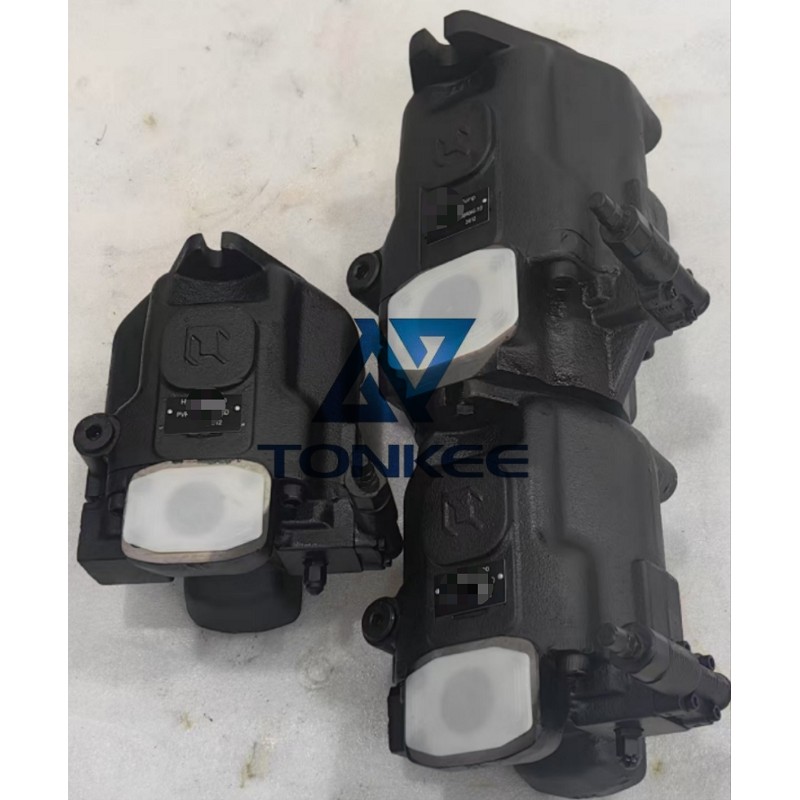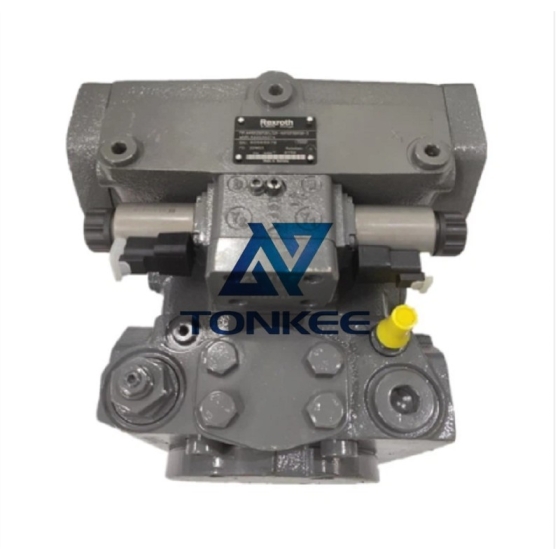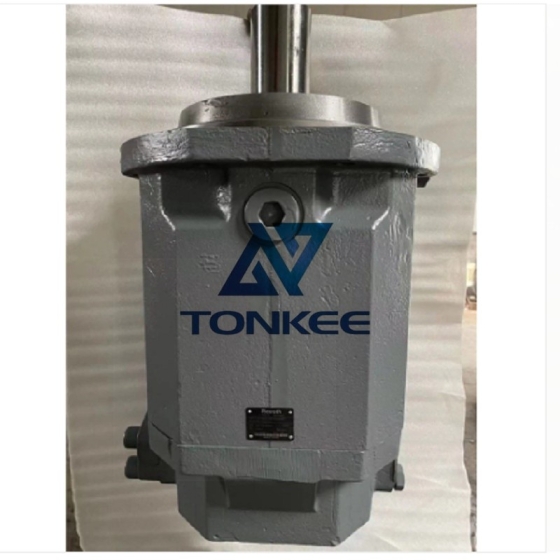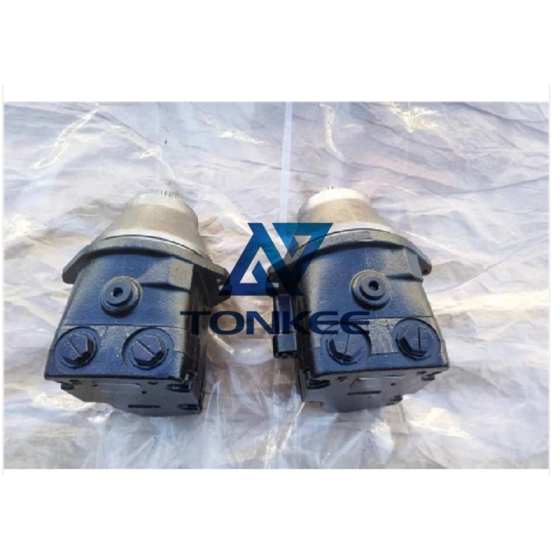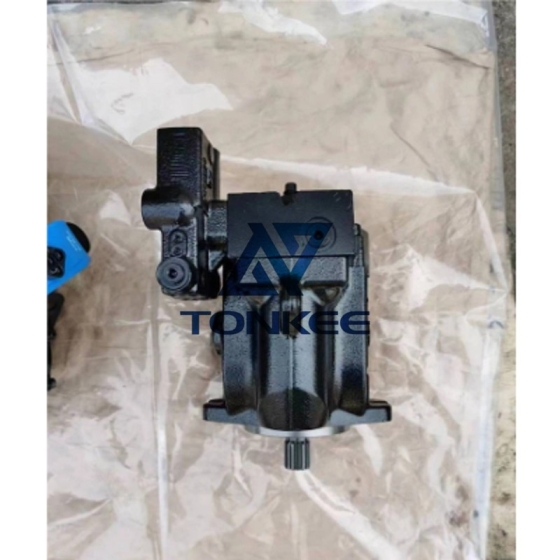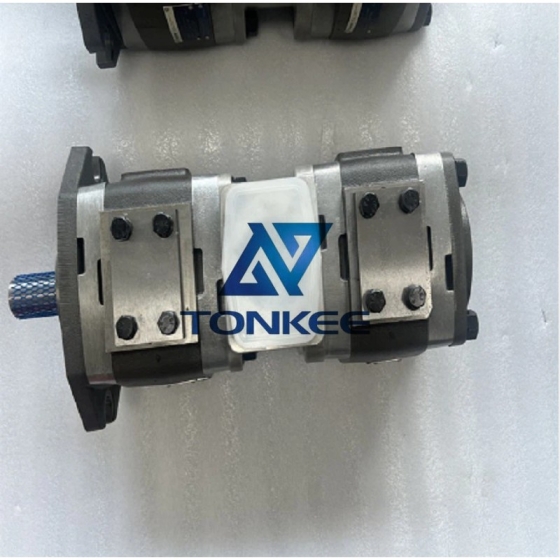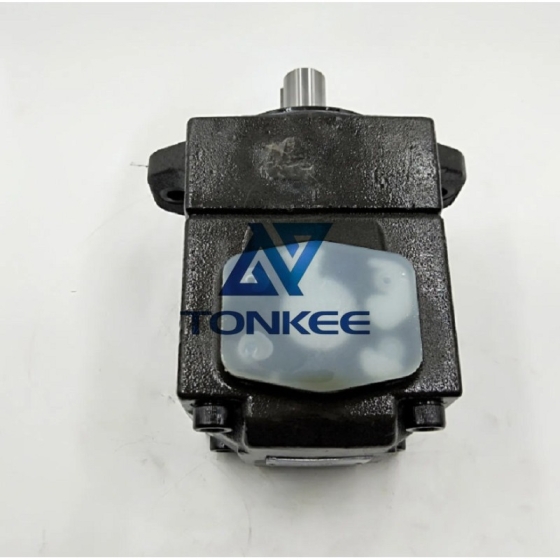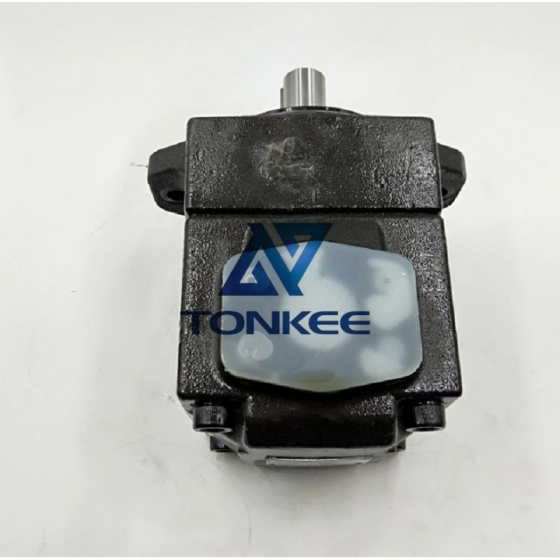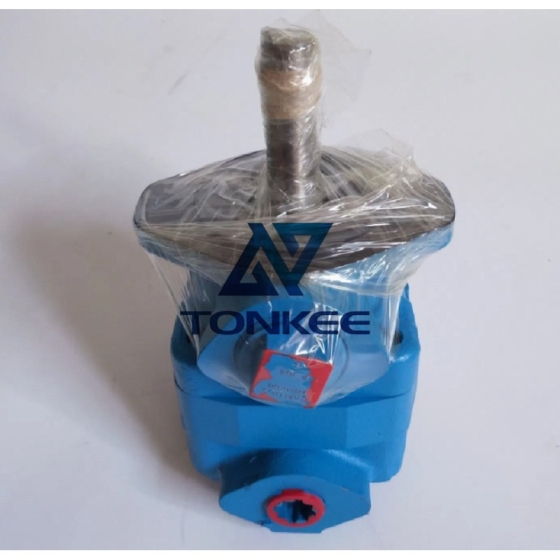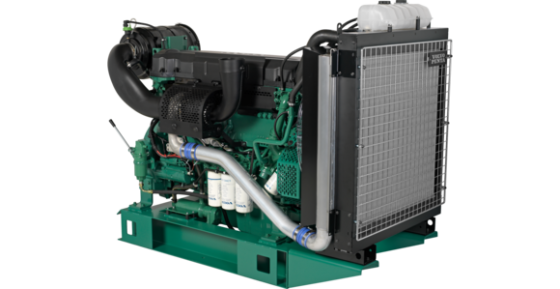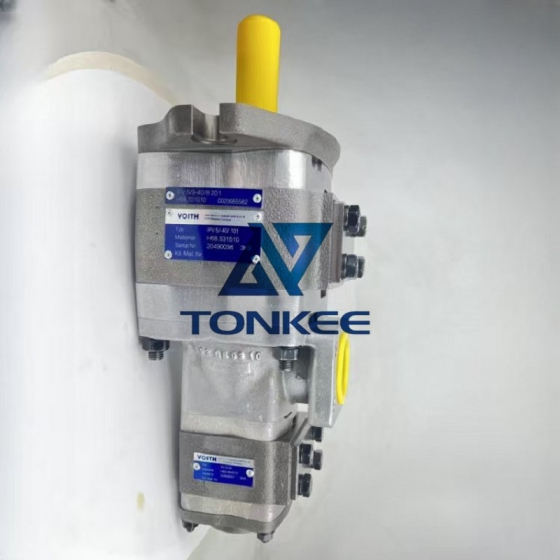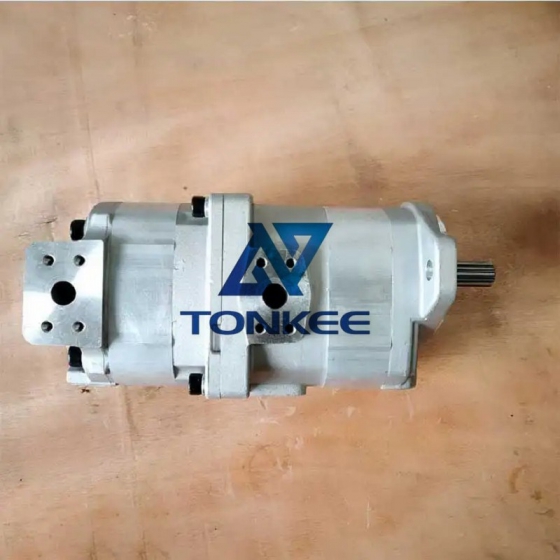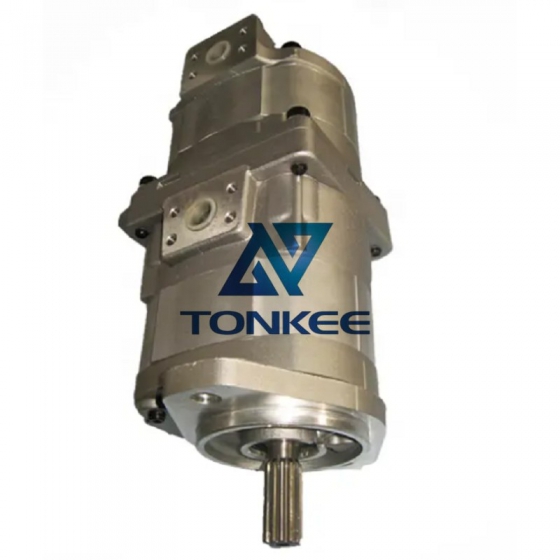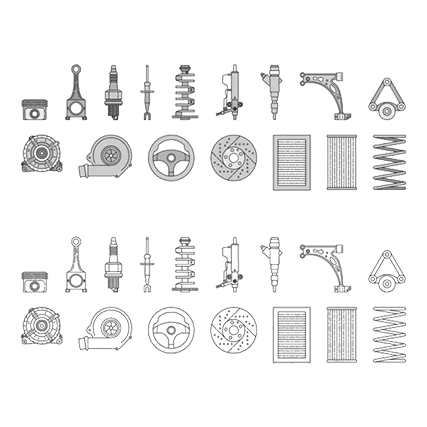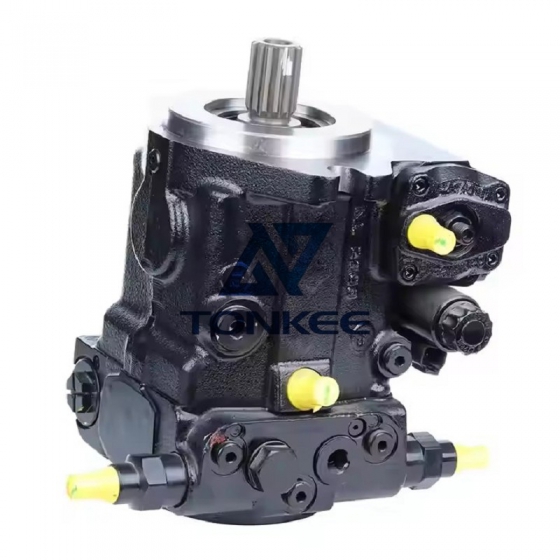Q1: What type of hydraulic pump does the PVPC Series belong to, and what are its main application scenarios?
A1: The PVPC Series is classified as high-pressure variable axial piston pumps (note: the previous “vane pump” description is incorrect; axial piston structure is its core feature). They are widely used in industrial hydraulic systems that require high pressure and stable flow control, such as heavy-duty machine tools, hydraulic presses, construction machinery auxiliary systems, and chemical processing equipment—especially suitable for working conditions with operating pressures above 250 bar and demands for energy-saving variable flow.
Q2: What do the numbers and letters in the model “PVPC-C-4046-1d-12” represent?
A2: Each segment of the model has a specific technical meaning:
- PVPC: Series code, indicating the high-pressure variable axial piston pump platform;
- C: Structure type, usually referring to a standard cast iron pump body with a single-pump core design;
- 4046: Displacement identifier, where the last two digits “46” represent the theoretical displacement of 46 cm³/rev (the first two digits “40” are for model series differentiation);
- 1d: Control mode code, standing for open-loop pressure control + basic manual adjustment function;
- 12: Seal/interface suffix, specifying the standard NBR seal (suitable for -20°C~+60°C) and SAE standard oil port threading.
Q3: What are the key performance differences between PVPC-3029, PVPC-4046, and PVPC-5073?
A3: The three models belong to the same PVPC basic platform but differ significantly in displacement and maximum flow, which further affects their applicable equipment sizes. The specific parameters are compared as follows:
| 모델 | Theoretical Displacement | 최대 속도 | Max Flow (at max speed) | Rated Working Pressure |
|---|---|---|---|---|
| PVPC-3029 | 29 cm³/rev | 2800 RPM | ~81.2 L/min (29×2800÷1000) | 280 술집 |
| PVPC-4046 | 46 cm³/rev | 2600 RPM | ~119.6 L/min (46×2600÷1000) | 280 술집 |
| PVPC-5073 | 73 cm³/rev | 2200 RPM | ~159.6 L/min (73×2200÷1000) | 250 술집 (lowered due to larger displacement) |
Note: All three models share the same peak pressure of 350 술집 (short-term impact) and cast iron pump body material.
Q4: How does PVPC-C-4046-1d-12 differ from the basic PVPC-4046 model?
A4: PVPC-C-4046-1d-12 is a configured variant of the basic PVPC-4046, with two core differences:
- Fixed control mode: The basic PVPC-4046 supports optional control modes (e.g., load-sensitive control, P/Q compound control), while PVPC-C-4046-1d-12 is pre-configured with “1d” open-loop pressure control—no need for additional control module selection;
- Standardized seals/interfaces: The suffix “12” locks the seal type (standard NBR) and oil port specifications (SAE 1-1/2″ suction port, SAE 1″ pressure port), whereas the basic model allows customization of these parameters (e.g., optional high-temperature PE seals or metric interfaces).
Q5: What are the oil fluid and temperature requirements for the PVPC Series pumps?
A5: To ensure long-term operation, the following requirements must be met:
- Oil fluid type: Hydraulic oil or synthetic fluid with equivalent lubrication performance, conforming to ISO VG15-VG100 viscosity grade (15-100 mm²/s at 40°C);
- Temperature range: Determined by the seal type:
- Standard NBR seals (e.g., PVPC-C-4046-1d-12): -20°C~+60°C;
- Optional WG-type seals: -20°C~+50°C (for low-temperature stability);
- Optional PE-type seals: -20°C~+80°C (for high-temperature working conditions);
- Oil cleanliness: NAS 8 class or higher (recommended to install a 10μm precision filter in the suction line).
Q6: Can the PVPC Series pumps be integrated with digital control systems?
A6: Yes. Most models in the PVPC Series (including PVPC-4046 and PVPC-5073; PVPC-C-4046-1d-12 requires optional upgrades) support digital interface expansion, with available options:
- RS232 (PS suffix): For simple point-to-point communication with PLCs or industrial computers;
- CAN bus (BS suffix): Suitable for multi-pump synchronization control in large hydraulic systems;
- PROFIBUS-DP (BP suffix): Compatible with mainstream industrial fieldbus networks for remote monitoring of pressure/flow data.
 Tonkee Machinery 로고
Tonkee Machinery 로고


